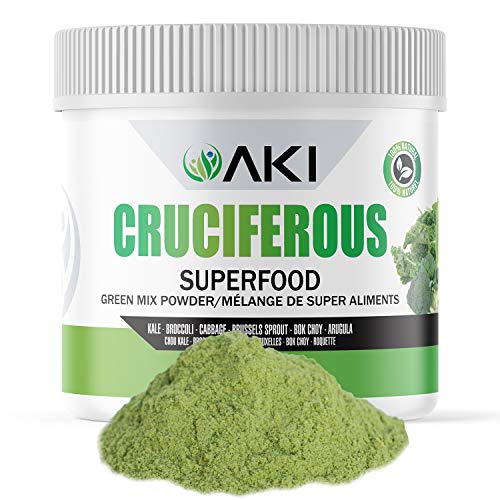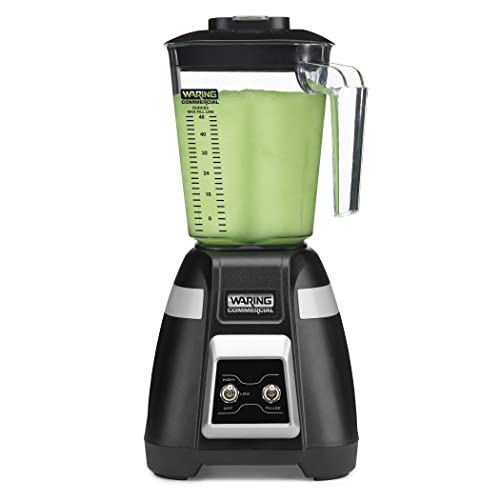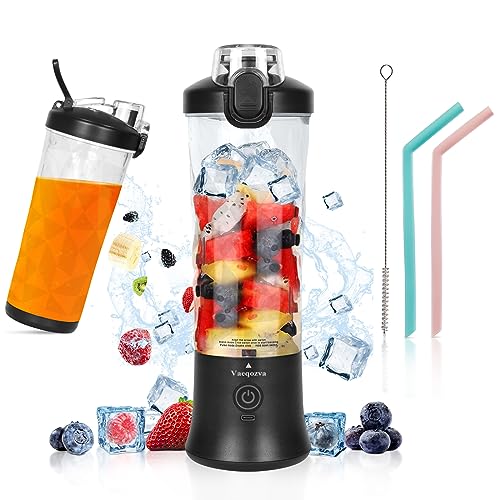Mixer Vs Blender : The Ultimate Showdown of Kitchen Powerhouses
A mixer is used for combining ingredients, while a blender is used for blending and pureeing ingredients. A mixer and a blender are two essential kitchen appliances that are often confused with one another.
Both have their own unique functions and uses, making them indispensable tools in the kitchen. When it comes to mixing, a mixer is the go-to appliance. It is designed to combine ingredients together, such as for making dough, batter, or frosting.
On the other hand, a blender is used for blending and pureeing ingredients. This includes making smoothies, sauces, soups, and even crushing ice. The main difference lies in the design and function of the blades. A mixer generally has a set of beaters or whisks, while a blender has sharp blades that rotate at high speeds. A mixer is for combining, while a blender is for blending and pureeing.
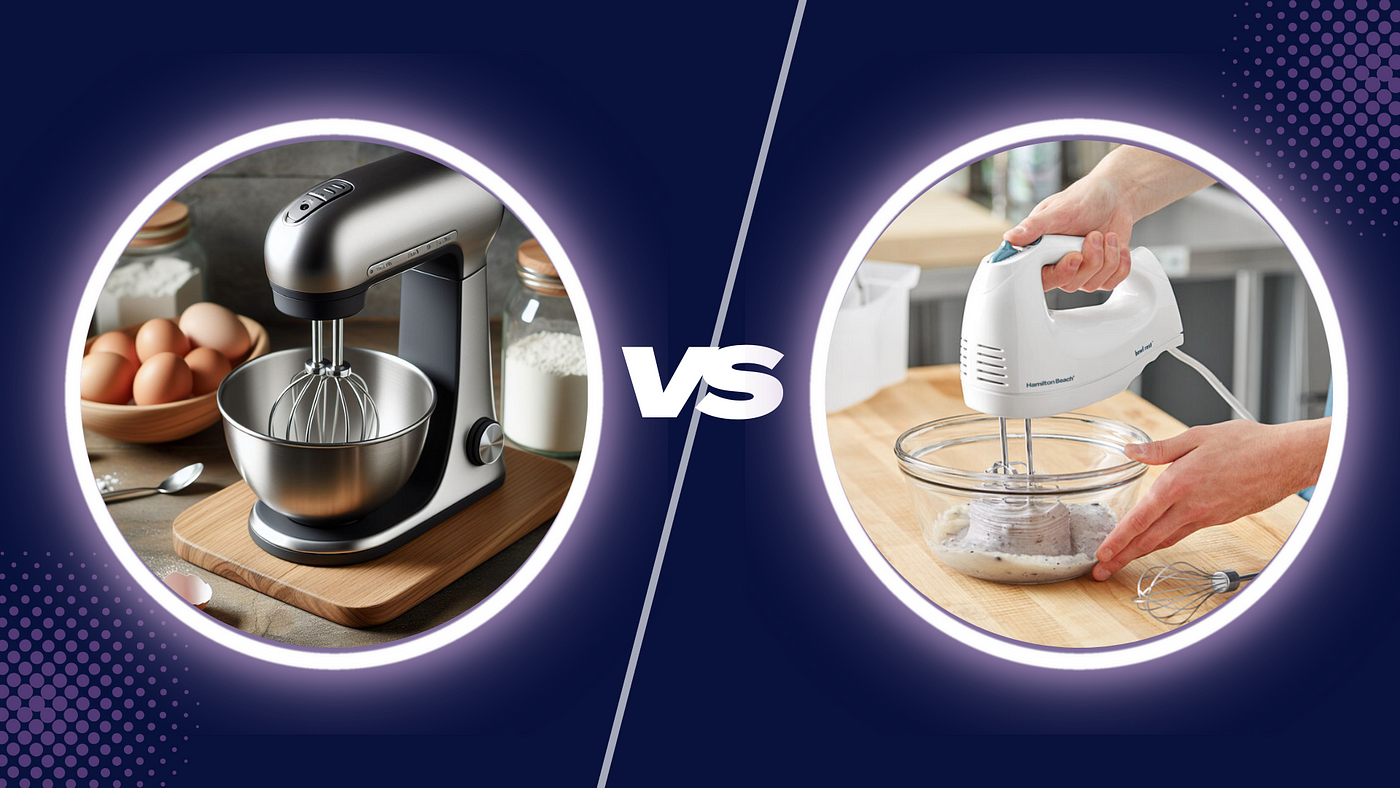
Credit: medium.com
Key Differences
The key differences between mixers and blenders lie in their functionality and performance. Let’s explore these differences in more detail:
Functionality:
Mixers and blenders have distinct functions that cater to different culinary needs. Mixers are primarily designed for combining ingredients together, such as making dough, beating eggs, or whipping cream. They are equipped with various attachments, including dough hooks, beaters, and whisks, to handle different mixing tasks. On the other hand, blenders are all about blending and pureeing ingredients into smooth liquids or fine blends.
Performance:
When it comes to performance, mixers and blenders have different strengths. Mixers excel at handling thick and heavy mixtures, thanks to their powerful motors and sturdy build. Whether you’re kneading bread dough or mixing cookie batter, a mixer is your go-to appliance for achieving consistency and evenly mixed results. Blenders, on the other hand, are built to handle liquids and softer ingredients. Their high-speed blades create a whirlpool-like motion, effectively blending fruits, vegetables, and liquids into smoothies, soups, and sauces.
In addition to their primary functions, mixers often come with additional features such as speed settings, planetary mixing action, and larger mixing bowls to accommodate various recipes. On the other hand, blenders may have different blending modes, variable speed controls, ice-crushing capabilities, and larger jar capacities.
Considerations:
Before deciding between a mixer or blender, it’s important to consider your specific cooking needs. If you frequently bake or prepare dough-based recipes, a mixer would be an ideal choice. It will provide you with the necessary power and versatility to handle a wide range of mixing tasks. On the other hand, if you’re more inclined towards preparing smoothies, soups, or sauces, a blender will serve you well with its efficient blending capabilities.
Ultimately, the choice between a mixer and a blender depends on the types of recipes you plan to make and the specific functions you require in your kitchen. Both appliances have their unique roles, ensuring you have the right tool for the right job in your culinary adventures.
Key Features
When it comes to choosing between a mixer and a blender, understanding their key features is crucial. Both appliances play an essential role in the kitchen, but their functionalities differ significantly. In this blog post, we will explore the features of both mixers and blenders to help you make an informed decision.
Blender Features
Blenders are versatile kitchen appliances that can handle a wide range of tasks. Here are some key features of blenders:
- Powerful Motor: Blenders are equipped with a powerful motor that creates a strong vortex, ensuring smooth blending of ingredients.
- Blade Design: The blades of a blender are designed to pulverize ingredients, making it perfect for crushing ice, blending fruits, and making smoothies or shakes.
- Variable Speed Control: Most blenders offer variable speed control options, allowing you to adjust the blending speed based on the ingredients and desired consistency.
- Multiple Functions: Blenders can be used for various tasks, including blending, pureeing, crushing, and emulsifying.
- Capacity: Blenders come in various sizes, offering different capacities to suit your needs, from personal-sized blenders to larger jars for family-sized portions.
Mixer Features
Mixers are ideal for tasks that require precision mixing and kneading. Here are some key features of mixers:
- Multiple Attachments: Mixers often come with a variety of attachments such as dough hooks, beaters, and whisks, allowing you to achieve different mixing results.
- Speed Settings: Mixers offer multiple speed settings that can be adjusted to achieve the desired consistency for various recipes.
- Bowl Capacity: Mixers come with different bowl sizes, ranging from small to large, allowing you to choose the capacity that suits your requirements.
- Powerful Motor: Mixers are equipped with a powerful motor that can handle thick batters and doughs with ease.
- Planetary Mixing Action: Some mixers feature a planetary mixing action, where the attachments rotate around the bowl and cover a larger surface area, ensuring thorough and consistent mixing.
Now that you have an understanding of the key features of both blenders and mixers, you can make an informed decision based on your specific cooking needs.
Best Uses
When it comes to kitchen appliances, both mixers and blenders are essential tools. Each serves its purpose in the kitchen and has its unique uses. The best uses for these appliances depend on the specific task at hand. Understanding the differences in their functions will help users choose the right appliance for their cooking and baking needs.
Blender Uses
- Blending: Blenders are perfect for making smoothies, soups, sauces, and purees.
- Crushing Ice: Blenders can quickly crush ice for refreshing beverages and cocktails.
- Emulsifying: They are ideal for creating emulsions like mayonnaise and salad dressings.
- Mixing: Blenders are also useful for mixing pancake or waffle batter and creamy dessert ingredients.
Mixer Uses
- Whipping: Mixers excel at whipping cream, egg whites, and making fluffy meringues.
- Kneading Dough: They are great for making bread, pizza, and pastry dough.
- Creaming: Mixers are used to cream butter and sugar for baking cookies and cakes.
- Beating: Mixers efficiently beat cake batter or cookie dough to achieve the desired consistency.
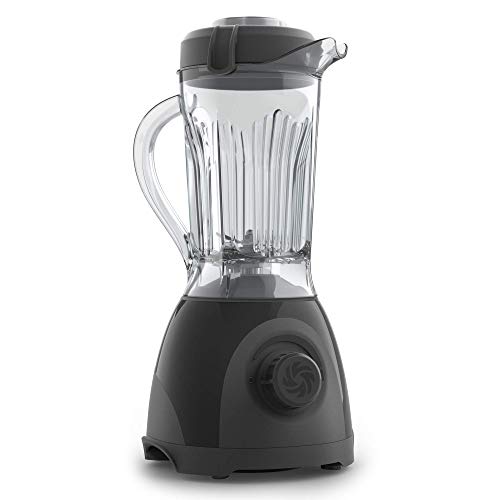
Credit: www.alldayieat.com
Pros And Cons
When it comes to kitchen appliances, owning a mixer or a blender can make food preparation tasks much easier. However, it’s important to understand the pros and cons of each before making a decision. In this article, we will explore the advantages and disadvantages of mixers and blenders, helping you choose the right appliance for your needs.
Pros Of Blenders
- Blenders are incredibly versatile and can be used for a wide variety of tasks, enabling you to make smoothies, soups, purees, and even nut butter.
- They are excellent for breaking down fibrous fruits and vegetables, ensuring you achieve a smooth and even consistency.
- Blenders often come with different speed settings, allowing you to control the texture of your creations.
- Many blenders are equipped with a powerful motor, which can effortlessly crush ice and frozen ingredients, perfect for creating refreshing drinks or frozen desserts.
- Most blenders have a large capacity, making them ideal for preparing larger batches of food or beverages.
Cons Of Mixers
- While mixers are great for combining ingredients, they may not be as effective at breaking down solid foods.
- Mixers are typically designed for baking purposes and might not offer the same versatility as blenders.
- They usually have a smaller capacity compared to blenders, limiting the quantity of ingredients that can be processed at once.
- Certain mixers can be quite heavy and take up a considerable amount of counter space, which may not be ideal for smaller kitchens.
- Some mixers may require extra attachments or accessories to perform certain tasks, adding to the overall cost.
Now that you are aware of the pros and cons of both mixers and blenders, you can make an informed decision based on your specific needs. Whether you prioritize versatility or efficiency, there is a kitchen appliance out there to help you create delicious meals and beverages with ease.
Final Verdict
After considering all the aspects discussed above, it is clear that both Mixers and Blenders have their own unique features and advantages. The key is to determine which appliance aligns best with your specific needs and preferences.
Which One To Choose?
When it comes to choosing between a Mixer and a Blender, it ultimately depends on what you plan to use it for. Here are some factors to consider:
- Functionality: If you primarily want to mix ingredients, like doughs or batters for baking, a Mixer is the ideal choice. On the other hand, if you intend to make smoothies, purees, or soups, a Blender is the better option.
- Power: If you require high-speed blending or crushing ice, Blenders generally have more powerful motors compared to Mixers.
- Attachments: Mixers usually come with various attachments such as dough hooks and whisk attachments, making them versatile for different recipes. Blenders often have fewer attachments and are designed specifically for blending.
- Size: If countertop space is limited, it’s worth considering the size and design of each appliance. Mixers tend to be larger and occupy more space compared to Blenders.
- Budget: Budget is another crucial factor to consider. Mixers, especially high-end ones with multiple features, can be more expensive than Blenders.
Considering these factors will help you decide whether a Mixer or a Blender is the right choice for you. Remember, both appliances are valuable kitchen tools that can enhance your culinary adventures and simplify your cooking process.
In conclusion, the final verdict is that there is no definitive winner in the Mixer vs. Blender debate. It all depends on your specific needs and culinary preferences. If you love baking and need an appliance for mixing doughs and batters, a Mixer is your go-to. However, if you enjoy making smoothies, soups, or purees, a Blender is the way to go. With the right choice, you can elevate your cooking skills and create delicious creations in your kitchen.

Credit: www.youtube.com
Frequently Asked Questions For Mixer Vs Blender
Can A Blender Be Used As A Mixer?
Yes, a blender can be used as a mixer for certain tasks. It can effectively blend and mix ingredients together, but it may not have the same capabilities as a dedicated mixer for specific tasks like kneading dough or whipping cream.
What Is The Difference Between A Mixer And A Blender?
The main difference between a mixer and a blender lies in their functionalities. A mixer is designed for tasks like stirring, beating, and kneading, while a blender is ideal for blending, pureeing, and crushing ingredients. So, depending on the purpose, you may choose between a mixer and a blender.
Can A Blender Replace A Mixer?
While a blender can handle some mixing tasks, it may not be able to fully replace a mixer. A mixer offers specialized attachments and functionalities, such as dough hooks or whisk attachments, that provide better results for tasks like kneading dough or whipping cream.
Is A Blender Better Than A Mixer?
It depends on the task at hand. A blender is better for blending, pureeing, and crushing ingredients, while a mixer excels in stirring, beating, and kneading. So, the choice between a blender and a mixer ultimately depends on the specific requirements of the recipe or task.
Conclusion
In the battle of mixer versus blender, both serve essential kitchen roles. The decision ultimately lies in the intended use and specific needs. While mixers excel in baking and dough making, blenders are ideal for smoothies and soups. Understanding your requirements is key in choosing the right kitchen appliance.
Both mixers and blenders bring value to the kitchen, providing efficiency and convenience in food preparation.


